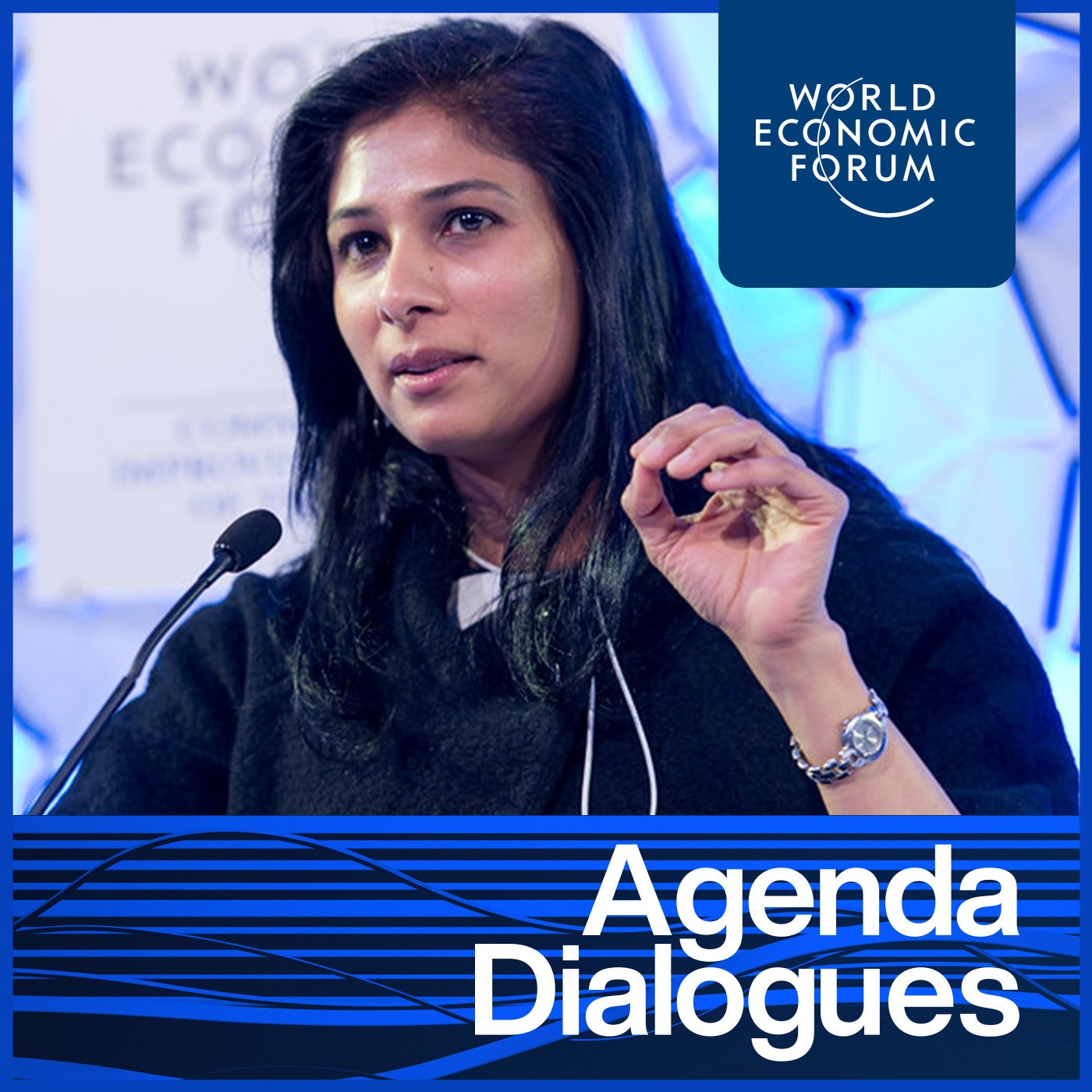
- Headquarters
- USA
International Monetary Fund (IMF)
International Monetary Fund (IMF) is an international organization of 188 member countries established to promote international monetary cooperation, exchange stability and orderly exchange arrangements. It seeks to foster economic growth and high levels of employment and to provide temporary financial assistance to countries to help ease balance of payments adjustment. Since it was established in 1944, its purposes have remained unchanged but its operations, which involve surveillance, financial assistance, and technical assistance, have developed to meet the changing needs of its member countries in an evolving world economy.
7 articles from International Monetary Fund (IMF)
Topics
- All
- Business
- Climate Action
- Economic Growth
- Education and Skills
- Emerging Technologies
- Energy Transition
- Equity, Diversity and Inclusion
- Financial and Monetary Systems
- Forum Institutional
- Fourth Industrial Revolution
- Geo-Economics and Politics
- Geographies in Depth
- Global Cooperation
- Global Risks
- Health and Healthcare Systems
- Industries in Depth
- Jobs and the Future of Work
- Nature and Biodiversity
- Trade and Investment


IMF: Fiscal policies to support governments now - and in future

The connection between financial globalisation and rising inequality

Here’s how a trade war between the US and China could reshape the global order

Why protectionism spells trouble for global economic growth

The IMF has cut its forecast for the global economy

How we can make globalization more inclusive
Podcasts

Davos 2023: Stemming the Cost of Living Crisis
Experts ask: Have we seen the worst of inflation? Will the cost of living crisis get worse before it better? What role will productivity play? And do policy-makers need a new toolkit to t...

Davos 2023: Global Economic Outlook: Is this the End of an Era?
The engines of global growth are slowing and the number of households and businesses facing economic distress is rising. An expert panel asks: What does the future of growth look like ...

Davos 2023 Day 3: global collaboration in the metaverse
On Day 3 at Davos 2023, we enter the metaverse to experience the Forum’s Global Collaboration Village, hear why inflation may have peaked, but prices haven’t, and speak to astronaut Matth...

Davos 2024: The High Rate Reality
While tackling inflation, higher interest rates have wider repercussions: slowing down growth, increasing pressure on global markets, creating debt sustainability risks and changing the n...

Davos 2024: Climate and Nature: A Systemic Response Needed
The year 2023 is the hottest on record - 1.48°C above the pre-industrial averages - propelling economies and societies into unprecedented and risky territory. Leaders are increasingly cal...

'Expect the unexpected': IMF’s Kristalina Georgieva on AI, preparedness - and the global economy in 2024
What’s next for the year ahead? Is a much-promised “soft landing” for certain economies possible? And what new impacts can we expect from inflation? Meet The Leader caught up with Interna...

Special Meeting 2024: What Kind of Growth Do We Need?
The recent sustained slowdown in growth has been compounded by a succession of crises and dislocations. What approaches are needed to reignite growth while shifting to a better balance be...



